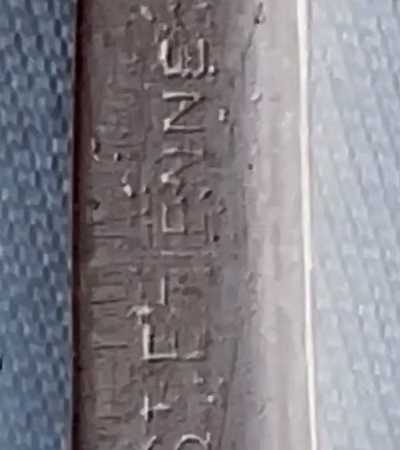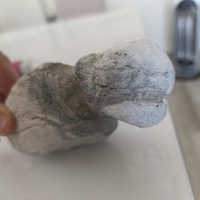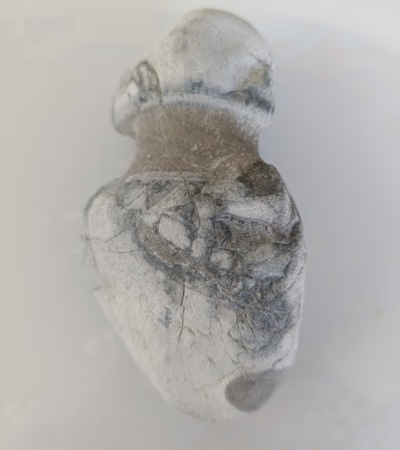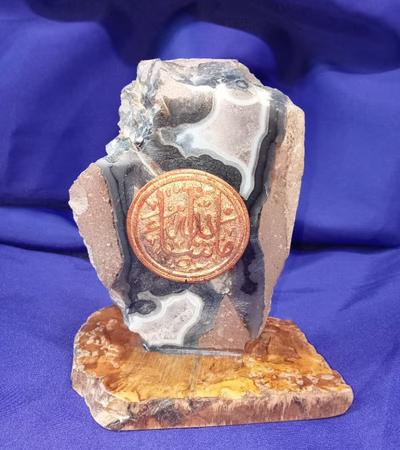Turkey"s art and craft market presents a paradoxical opportunity. Despite global challenges, the export value of handicrafts and decorative arts from Turkey has increased by 20% over the past year. This growth is primarily fueled by an expanding international demand for unique, handmade items, which positions Turkey as a significant player in the global art and craft supply chain. A deeper dive into the trade statistics reveals that while exports of traditional crafts like carpet weaving and handmade jewelry have surged, the sector still faces challenges. Inflation, which increased to 72% in 2022 from 19% in the prior year, has raised production costs. Nevertheless, the devaluation of the local currency (with the LCU per US$ doubling since 2020) has made Turkish goods more competitive internationally. The labor force"s participation rate has increased notably, with female participation rising from 30. 8% in 2020 to 35% in 2022.
This trend is critical, as it correlates with the growth of women-led businesses in the craft industry, providing a diverse and innovative product range. The unemployment rate has declined, supporting a healthier domestic economy that can fuel further growth in the sector. However, the sector remains fraught with challenges, such as limited digital visibility for small artisans and difficulty in accessing global markets directly. This is where platforms like Aritral. com can play a transformative role. As an AI-driven B2B platform, Aritral simplifies international trade in commodities and raw materials, offering services like Product Listing and AI-Powered Marketing to bridge the gap between Turkish suppliers and global buyers. By leveraging Aritral"s Direct Communication and Global Sales Assistance services, businesses in Turkey can overcome traditional market barriers, expanding their reach and enhancing growth potential. For any art and craft business aiming to increase its international footprint, such tools are invaluable in navigating the complexities of global commerce. "
-
 Bitas Yatak Baza Uyku Sistemleri 1 months ago
Bitas Yatak Baza Uyku Sistemleri 1 months ago Turkey
Art
Turkey
Art
ArtDetails
-
 Halil 1 months ago
Halil 1 months ago Turkey
halil Mehmet halil
Turkey
halil Mehmet halil
has been found on the beachDetails
-
 Nazım 2 months ago
Nazım 2 months ago Turkey
Handicrafts
Turkey
Handicrafts
Natural stone rings. Walnut coffee tables. Bracelets. Objects. Figures on natural stones. Jewelry design. Custom ring designs for your stones. Silver ...Details





